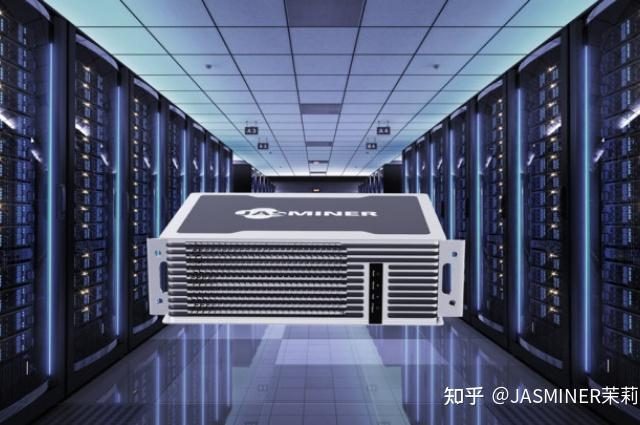NICOL RITCHIE, Technical Writer, DataProphet
It’s fair to say that global digital transformation will be dependent on significant change throughout the semiconductor industry. But how does the sector enabling the Fourth Industrial Revolution (4IR) gear up to adopt the artificial intelligence (AI) needed to meet future production demands?
The benefits of AI in bringing semiconductor firms along the digital maturity journey are widely acknowledged: From greater ROI, faster research and development and more integrated supply chains to increased yields, reduced waste, and a more substantial predicted share of revenue from the tech stack. In reference to anticipated efficiencies, a McKinsey report estimates that, over the long term, fabs “will decrease manufacturing costs (both cost of goods sold and depreciation) by up to 17 percent.”

However, affecting the change that will bring semiconductor businesses to digital transformation requires AI-level processing that goes far beyond the human capabilities found in today’s fabs, where a single EUV lithography system, for example, creates more than a terabyte of usable data per day. AI as a Service (AIaaS) and its associated machine learning (ML) technologies offer ready solutions to such huge data bottlenecks when implemented and managed by highly-skilled 4IR specialists who can design and make prescriptions for the mass data processing required.
Implementing these 4IR technologies comes up against barriers, though, most notably around the employees required to establish, operate and maintain new systems. A University of Cambridge Industrial Innovation Policy report details how “individual people barriers” present significant hurdles to manufacturers pursuing digital maturity. These include “gaps in the skills and competencies of workers, lack of knowledge and awareness of decision-makers, insufficient problem-solving capabilities, aversion to risk and/or change.” This last barrier presents relevant challenges for senior management, who must find ways to mitigate risk in each case.
Click here to read the full article in Semiconductor Digest magazine.



